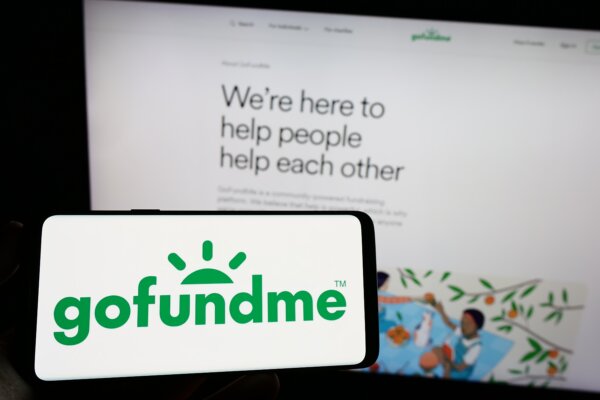
(Credit: Ekrulila from Pexels)
LOS ANGELES, Calif. — The coronavirus pandemic has taken a heavy toll on the American lifespan over the last year. Even before that, however, a new study finds something else was cutting American lifespans short — the lack of a college education. Researchers from Princeton and the University of Southern California say the life expectancy for someone without a four-year degree is significantly shorter than those finishing college.
Study authors say that for nearly a century, the American lifespan had been on the rise, with mortality rates continuing to drop into the late 1990s. During the 21st century however, that progress stalled for those not going to college. For two-thirds of Americans without a degree, the trend is now reversing.
Researchers examined mortality rates across the U.S. from 1990 to 2018. The team calculated how long a 25-year-old would live up until their 75th birthday, assuming that the mortality rate at each age stayed constant each year.
Study authors Anne Case and Angus Deaton say the 25-75 range matches with the growing number of “deaths of despair” across America. These include opioid overdoses, alcohol-related deaths, suicides, and deaths from cardiovascular disease.
“The United States has this increasingly sharp societal division between people who have a college degree and those who don’t,” says Deaton, Presidential Professor of Economics at the USC Dornsife College of Letters, Arts and Sciences, in a university release. “If you don’t have a four-year degree, not only have your wages been falling for 50 years but our study shows your adult life expectancy is also decreasing.”
“America is the richest large country in the world, with frontier medical technology, yet we still see large declines for Americans without a four-year degree, even prior to the arrival of COVID-19,” adds Case, the Alexander Stewart 1886 Professor of Economics and Public Affairs, Emeritus, at Princeton University. “Without a four-year college diploma, it is increasingly difficult to build a meaningful and successful life in the United States.”
Disparity is becoming about education, not race
While life expectancy is widening between the college educated and others, the study finds racial inequalities are starting to lessen. By 2018, African-Americans with a college degree enjoyed a life expectancy closer to white, college educated adults. Researchers report that this is a major change from the 1990s, when Blacks with or without a degree had life expectancies much more similar to each other.
The team based these findings on death certificates from the National Vital Statistical System. The system has records on nearly 49 million deaths involving people between 25 and 84 years-old during the study’s 28-year timeframe.
When looking specifically at race, study authors find Hispanics at age 25 actually had a better chance of living the full 50 years than white Americans. Caucasians still had better odds of making it to 75 than Black Americans, regardless of education. Overall, Blacks and Hispanics have made greater gains when it comes to life expectancy than whites. The team notes that there was no progress made for all races between 2010 and 2013.
Turning back to education, the results show that even some college leads to a longer lifespan in comparison to someone with a high school education. Despite this, the gap between those who finish and those who don’t is unnerving.
As of 2018, researchers find that Americans with a four-year bachelor’s degree lived for 48.2 years after their 25th birthday. Those without a college degree averaged only 45.1 years — a difference of more than three years.
Few job opportunities endanger less educated Americans
So what is contributing to a rising mortality rate among people who don’t go to college? Along with deaths of despair, researchers find these Americans are finding fewer and fewer opportunities for good-paying jobs if they don’t have a degree.
“Good jobs have become increasingly rare for workers without a college diploma, many of whom have lost their jobs to globalization and automation and for whom the cost of employer-provided health care has increasingly priced them out of the high-quality labor market,” Deaton explains. “There has been a real loss of the pillars of working-class life, and it has contributed to this decline in adult life expectancy.”
Previous reports reveal that the American lifespan has dropped by more than a year during COVID-19. Case and Deaton believe the current crisis will only exacerbate the gaps caused by education disparity. They add that people without college degrees also face higher chances of working in fields which raise their risk for exposure to the virus. These jobs typical do not come with the ability to work from home.
The study appears in the Proceedings of the National Academy of Sciences.









